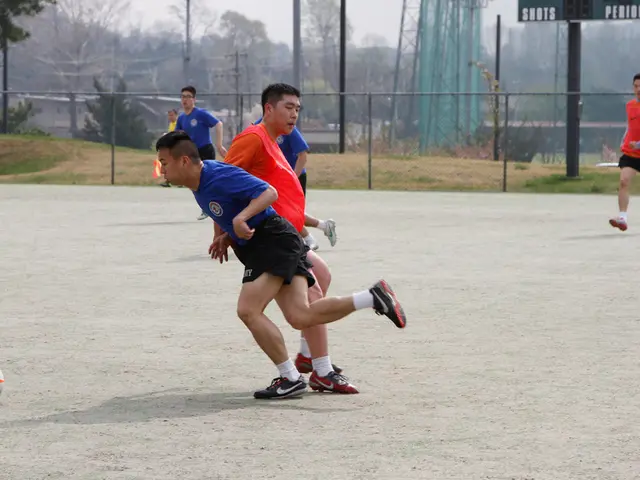Political upheaval and human despair, exposing a government crisis
In his recent article, "Deportation to Kabul: A Human Tragedy, a Political Scandal," Norbert Wallet sheds light on a pressing issue that has far-reaching implications for Afghanistan and its people. The focus of his piece is the suspension of intake for local Afghan forces who had cooperated with international partners.
This suspension has led to dire consequences for many Afghans who worked alongside foreign forces, particularly locals enlisted or recruited to support efforts during and after the U.S. and NATO presence. Due to the suspension, these individuals are no longer being accepted into protective or resettlement programs, leaving them vulnerable to Taliban reprisals.
The Taliban's harsh repression, documented since their return to power in 2021, includes targeted persecution and rights violations of those associated with former governments or foreign forces. This makes the situation a human tragedy for many Afghans who relied on entry into local forces or protective status, as they are effectively abandoned to life-threatening conditions under Taliban rule.
Afghanistan is currently facing acute humanitarian crises, including widespread poverty, job losses, and food insecurity. These consequences are compounded by international aid cuts and restrictions on women's participation in essential sectors like healthcare, which deepen the vulnerabilities of the population, especially those connected with previous international presence.
Wallet also describes the suspension as a political scandal. He points out the failure of international actors to fulfill commitments to Afghan allies, undermining trust and moral responsibility. The policy reflects deeper issues of political will and accountability among countries that had previously supported Afghan forces but now appear unwilling or unable to continue intake or resettlement programs under uncertain legal and political conditions.
In essence, Wallet's article connects the suspension of intake for local Afghan forces to ongoing Taliban repression, worsening humanitarian conditions, and international political failure. It serves as both a tragic human story and a profound political controversy within the broader crisis in Afghanistan since the Taliban takeover.
The suspension of intake for local Afghan forces, as highlighted by Norbert Wallet in his article, not only serves as a political scandal due to the fulfillment of commitments to Afghan allies being called into question, but it also exacerbates the human tragedy faced by many Afghans who now face increased vulnerability to Taliban reprisals. This situation unfolds amidst a backdrop of ongoing war-and-conflicts, politics, and general-news concerning Afghanistan's current humanitarian crises and deteriorating security.








